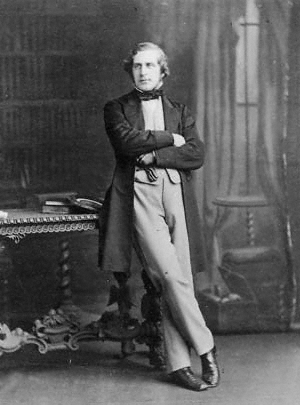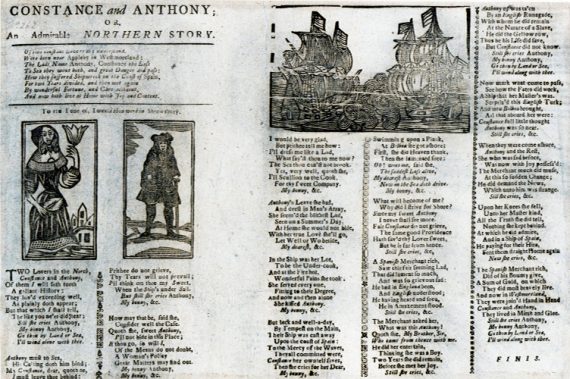- About
- Visiting
- What’s On
- Venue hire
- Catalogues
- Collections
- Belle Vue – search archives catalogue
- Digital Resources
- Art Treasures Examiner of 1857
- Manchester Association for Constitutional Order
- The North Western Museum of Science and Industry: Some Reminiscences by Richard Hills
- Criminal Manchester
- The Cup of Destiny
- Athenaeum Souvenir
- Middle English Manuscripts
- Manchester and Liverpool of Today
- Hollingworth’s Mancuniensis
- Memoir of Cecil Wray
- William Seward’s Diary
- The Anti-Monopolist
- Fishwick’s History of Rochdale
- Knyvett’s Defence of this Realm
- Tractatus de Nigromantia
- Axon Ballads
- Prints and Photographs
- 101 Treasures of Chetham’s
- Printed Books & Ephemera
- Archives & Manuscripts
- Blog
- Support us
Halliwell-Phillipps Collection

There are 3,100 items in this nationally important collection, which was presented to the Library in 1852 by the Shakespearean scholar James Orchard Halliwell (1820-1889); he later took the name Halliwell-Phillipps, in honour of his wife’s family, despite her father’s disapproval.
The thirty one bound volumes include a wide range of material from royal proclamations to broadsides, ballads, poems, sheet music, trade cards, bill headings and advertisements, of which the vast majority are letterpress or engraved printing, with a small admixture of manuscript leaves. Thanks to a grant from the Arts Council England Designation Fund, we have digitised the collection and you can now access the digital surrogates through the Library’s catalogue. We’ve provided a ready-made link on the catalogue home page if you’d like to browse the collection, and links within each record that enable you to see or download the images.
The proclamations date from the reign of Charles I, but most of the items are from the end of the seventeenth and early eighteenth century.
There are also many ballads and song sheets of the eighteenth century both letter press and engraved; indeed musical items account for about one third of the total collection. Many were sung in contemporary operas and plays, others were composed to celebrate public events.

Commercial and trading broadsides form a sizeable part of the collection, and include tradesmen’s bills, works on insurance, lotteries, the national debt and the East India Company. Social and religious broadsides include many examples of printing proposals, works on charities and charity schools, Quakers, non-conformists and dissenters.
Halliwell began collecting while still a student at Trinity College Cambridge, where he was making a name for himself as a mathematician. His love of antiquarian books and book collecting soon led him to turn his interests to the study of early English literature and particularly the works of Shakespeare and the English renaissance. Elected a fellow of the Royal Society at the age of 18, he became an acknowledged expert on the life and times of Shakespeare.
Halliwell-Phillipps collected widely, recognizing the importance of ephemera to his own work. In his Catalogue of chap-books, garlands, and popular histories he wrote: ‘A student who is anxious to obtain that extensive knowledge of the habits, customs and phraseology of our ancestors, … will do well to turn his attention to the ancient literature of the cottage, and make himself acquainted with the tales that were familiar ‘household words’ to the groundlings of the Globe or the Blackfriars Theatre’.
The reason for his generous gift remains unclear. Possibly Halliwell-Phillipps gave this collection to the Library because his own collecting interest had became more focused. Most of the broadsides are later than the Shakespearean period, and reflect English social history from the time of the Civil War (1642-1651) through to Queen Anne, with a substantial collection of later broadside ballads,and other more ephemeral items.
